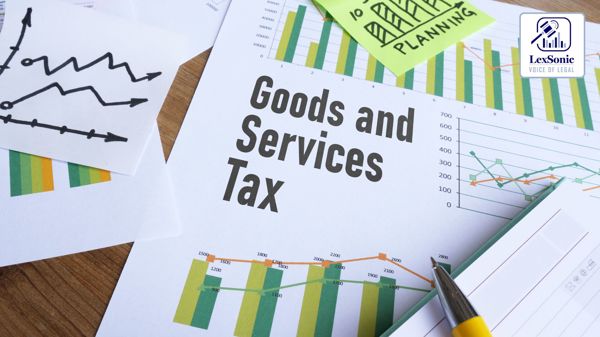Court Orders Refund: GST Dispute Resolved for Petitioner.
16 October 2024
Central Excise >> Tax Laws | GST >> Tax Laws
The petitioner initially challenged the order dated August 18, 2021, which denied their claims for refunds. Given that the GST Tribunal is currently not functioning, the petitioner opted to file a writ petition, seeking immediate relief.

In an affidavit submitted by Mr. Dhirendra Lal, the current Commissioner of CGST and Central Excise for Mumbai Central, it was acknowledged that the petitioner is indeed eligible for the refunds claimed. The affidavit referenced recent amendments to Section 50 of the CGST Act, 2017, which were enacted retroactively from July 1, 2017. These amendments clarify the conditions under which interest is payable for input tax credits that have been wrongly availed and utilized.
Specifically, the affidavit detailed how the revised provisions indicate that interest becomes payable only when the balance in the electronic credit ledger (ECL) falls below the amount of input tax credit that was improperly utilized. In reviewing the petitioner’s ECL, it was observed that while the petitioner had availed a TRAN-1 credit of ?4,43,76,462 on September 22, 2017, they had subsequently reversed an excess credit of ?3,93,30,920 in their GSTR-3B return for July 2018. Notably, the total balance in the ECL never dipped below the improperly availed credit during the interim period.
Ultimately, the court ruled in favor of the petitioner, emphasizing that the previous denial of refunds was unfounded, given the updated legal context and the acknowledgment of eligibility by the Commissioner. The respondents were instructed to process the refund promptly, underlining a commitment to upholding taxpayer rights amidst bureaucratic challenges.
In conclusion, the court's decisive action not only resolves this particular dispute but also highlights the importance of timely and just administrative practices within the GST framework. All concerned parties have been instructed to act on an authenticated copy of this order, with no costs awarded, recognizing the fair approach taken by the respondents throughout the proceedings.